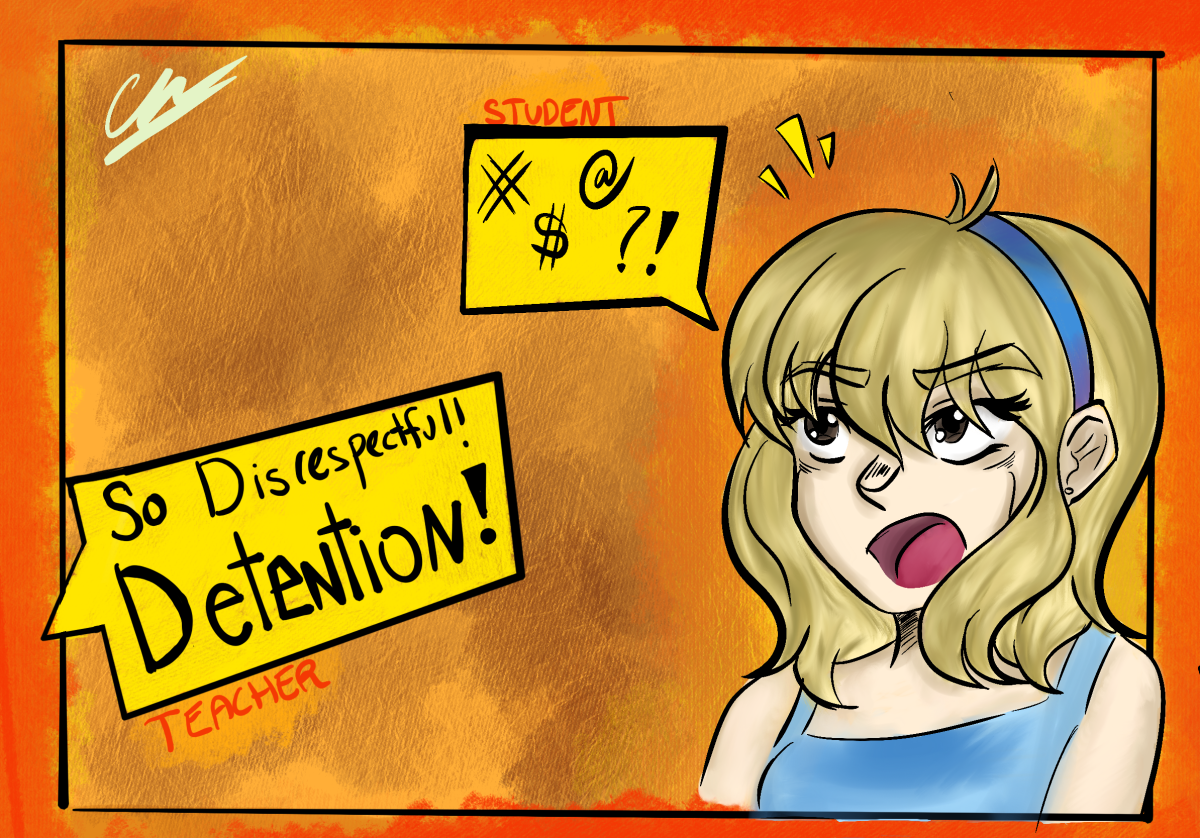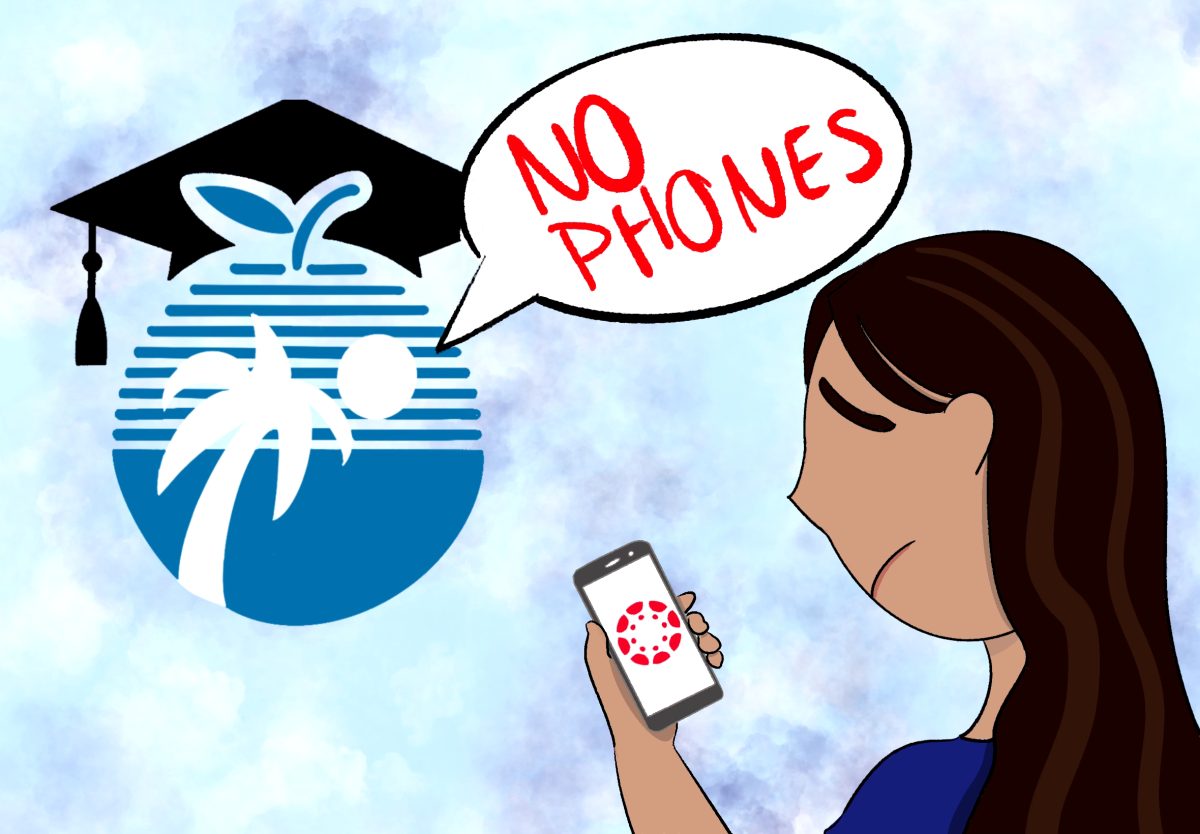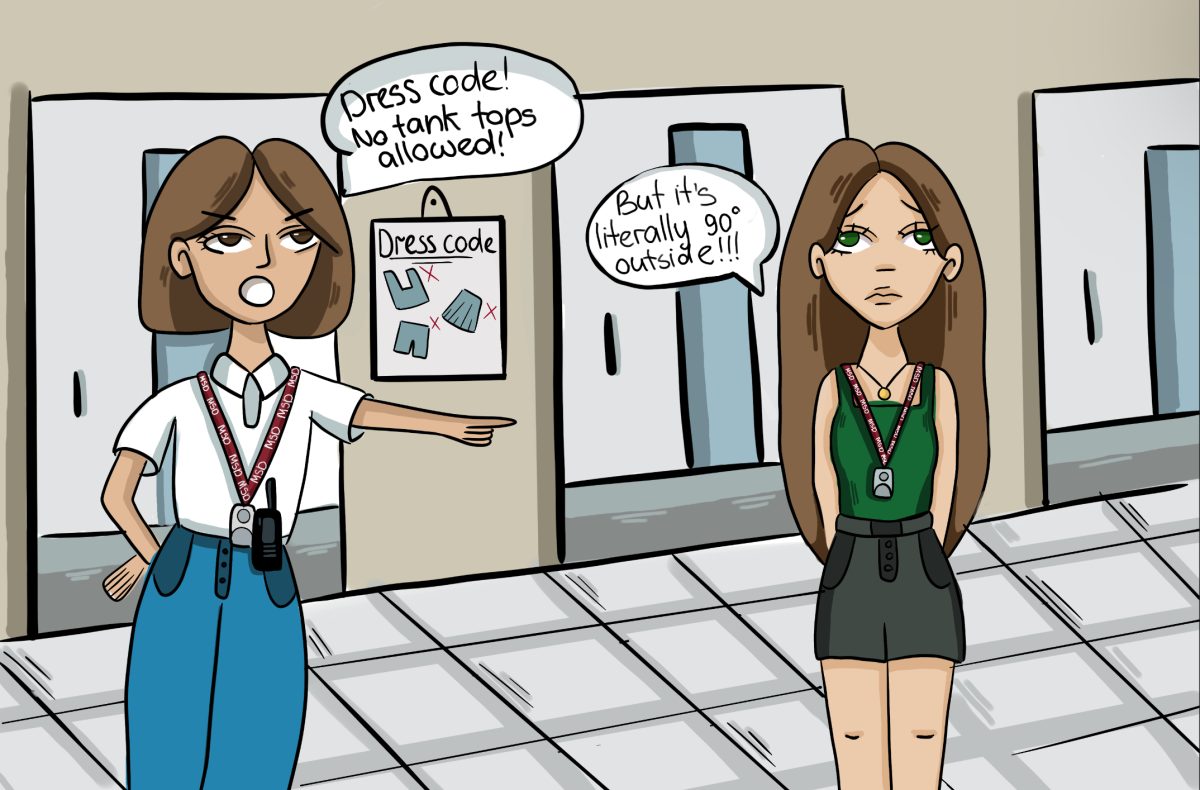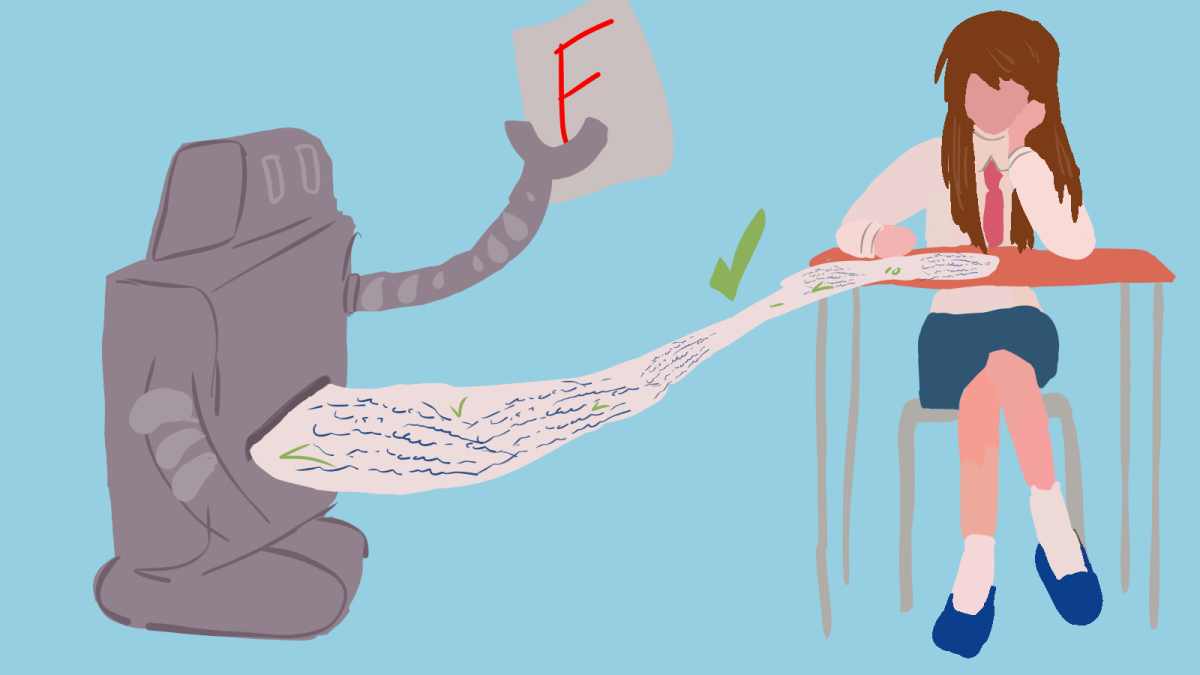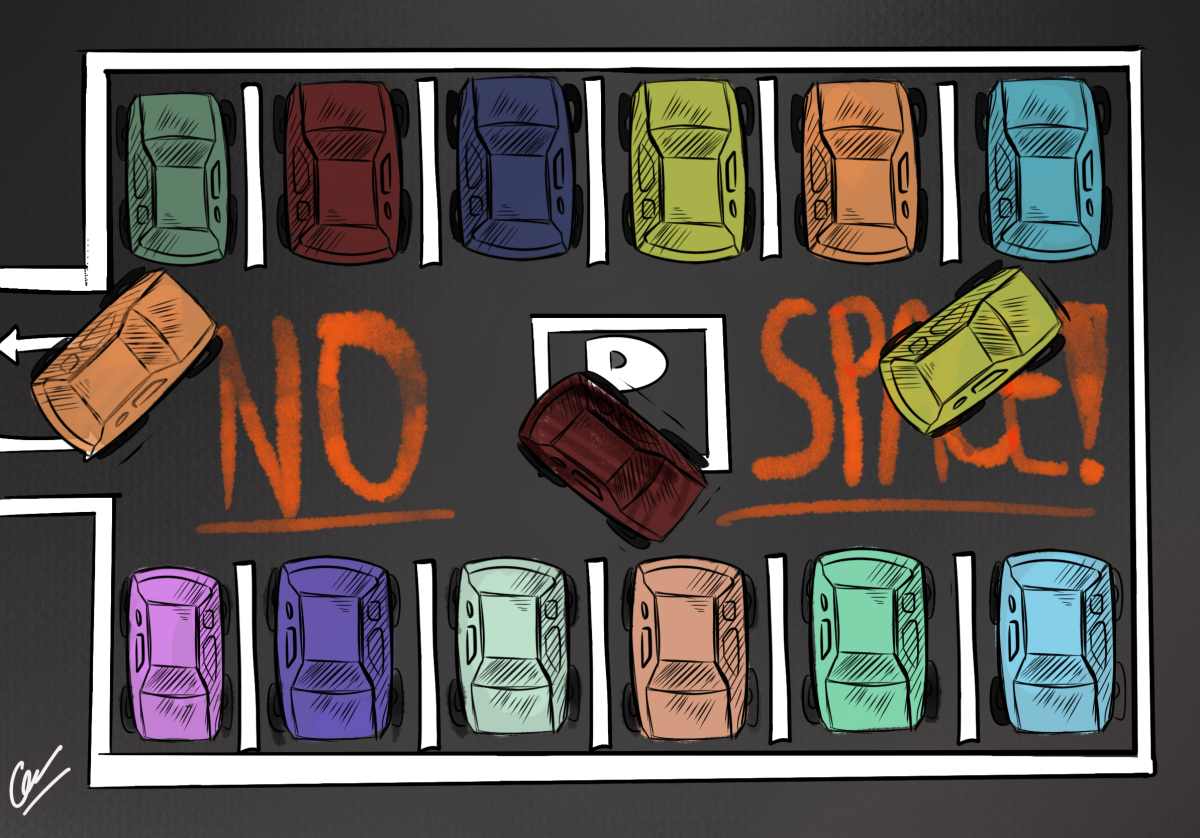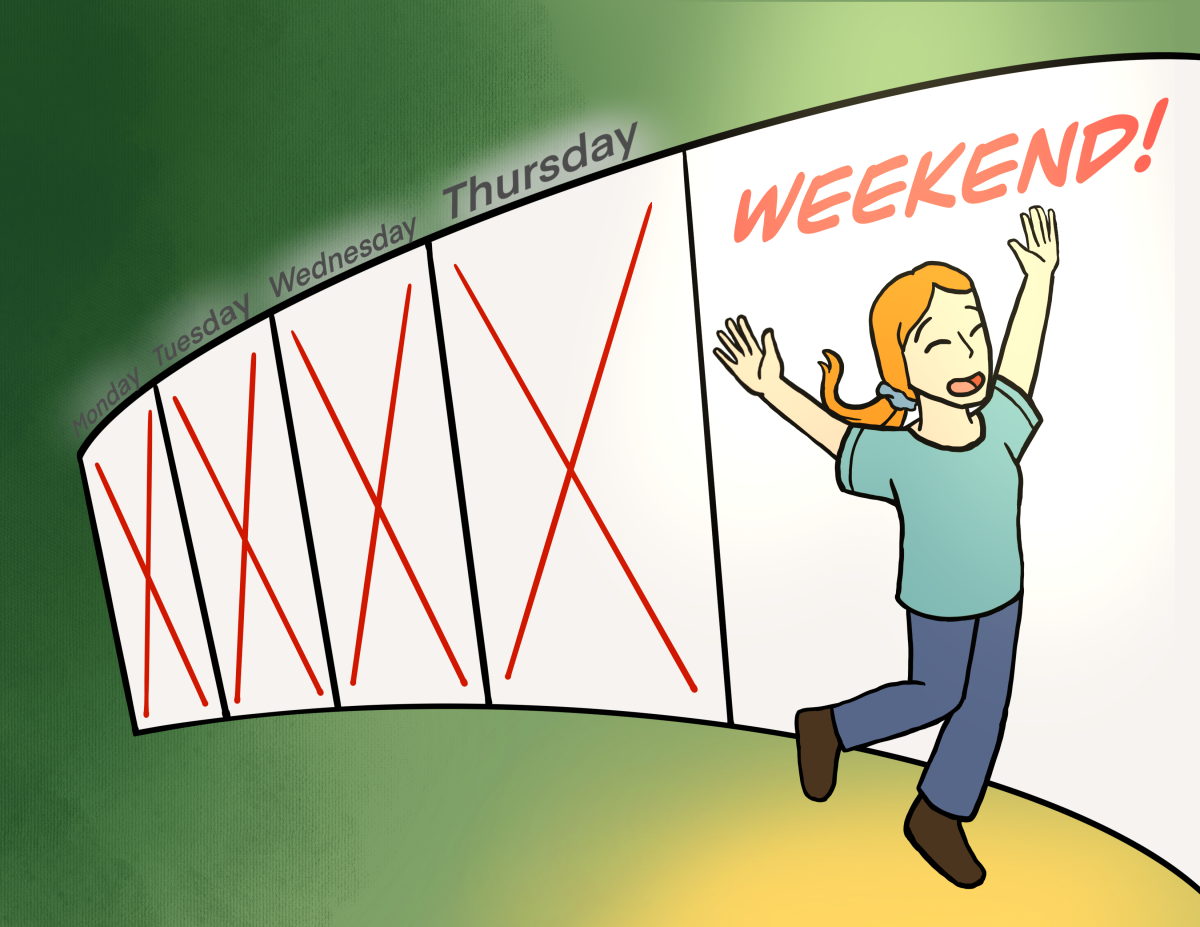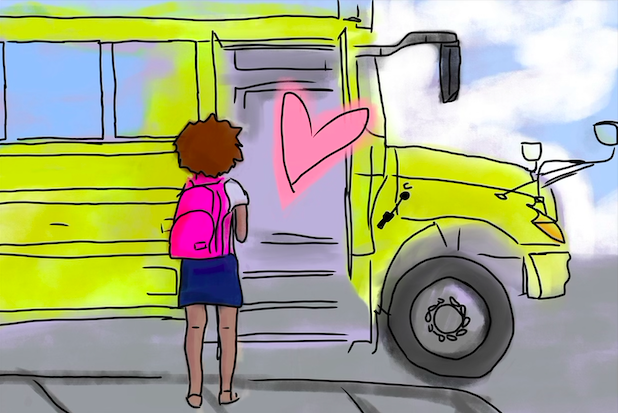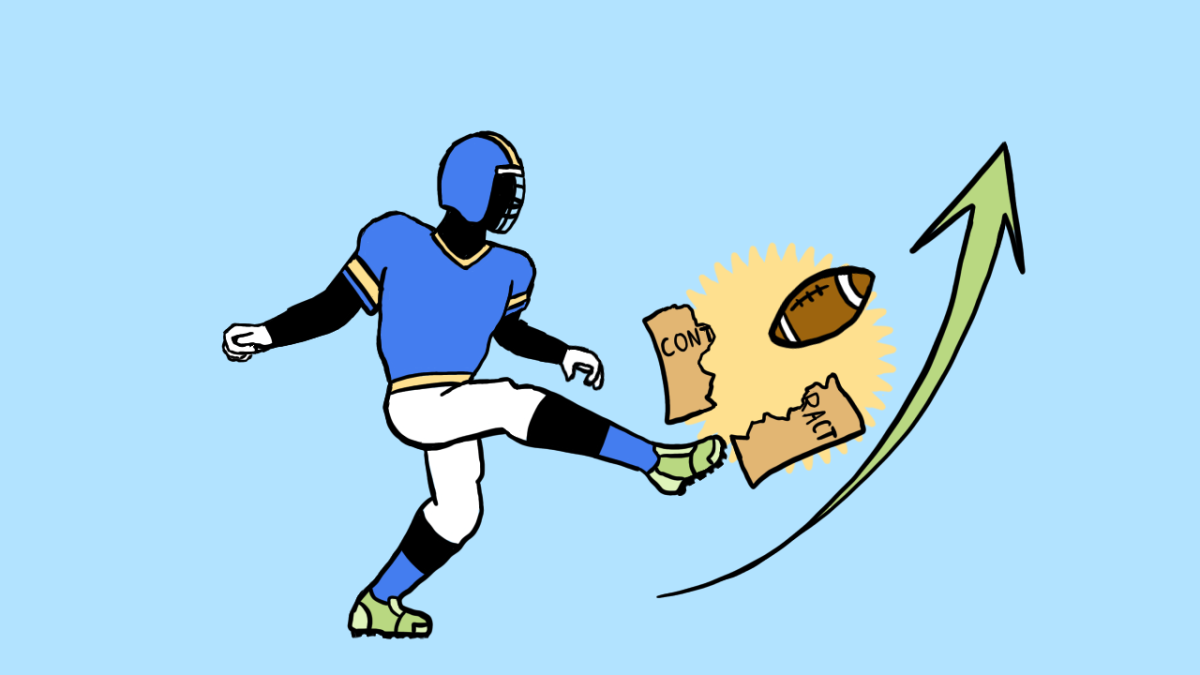In the past few years and especially since the start of the COVID-19 pandemic, teachers have been leaving the workforce by the masses. This can be attributed to the worsening behavior of late Generation Z and Gen Alpha students in schools. The terrible behavior of students in today’s school system is simply unacceptable and needs to be addressed.
Teacher burnout is defined as a condition in which an educator has exhausted the personal and professional resources necessary to complete their job. While teacher burnout can also be attributed to their heavy workloads, school staff shortages and low salaries, students’ behavioral issues are a leading factor for educators’ burnout and thus departure from their careers.
The modern school system has seen a large uptick in school fights. According to CBS19 News, Charlottesville High School in Virginia canceled school for three days amid reports of fights. Duval County High Schools in Florida have recorded up to 510 fights within the last school year, as stated in an article by News4JAX.
One of the reasons for the large-scale numbers of school fights is the lack of follow-through in disciplinary action conducted by administration. Perpetrators of school fights are often getting a pass for their actions and victims are not allowed to defend themselves. Not only does this protect the perpetrator, but also places the frustrating task of having to deal with those students on teachers.
Teachers are already tasked with lesson planning, grading assignments, monitoring students, attending conferences and staying in touch with parents. Babysitting misbehaved students on top of all that is simply too much work for one person to handle on their own.
One of the main culprits of Gen Alpha’s bad behavior is the parenting style used by their parents. Gen Alpha’s parents are mostly millennials and millennials are known for their use of the permissive parenting style over authoritative and authoritarian parenting styles.
Permissive parenting is defined as a parenting style that involves high parental support, responsiveness, and nurturing with nominal structure or control. An article by Michigan State University states that children who experience permissive parenting often have bad manners, impulsiveness, aggression, and selfishness.
The use of permissive parenting by Gen Alpha’s parents could be aiding in their behavioral issues at school. Kids that lack proper discipline at home could hurt other students, emotionally and physically. This causes teachers, who are already exhausted from their busy schedules, to have to take time out of their day to teach them basic respect they should have learned at home.
Clinical psychologist Kennedy Moore said that lockdowns have led to many children being less able to deal with conflicts and “the normal bumps and bruises of interacting with other people” because they had less practice with it.
The 2022 U.S. National Healthcare Quality and Disparities Report suggested that nearly 20% of children aged three to 17 had a “mental, emotional, developmental, or behavioral disorder,” and emergency-department visits for children aged five to 11 relating to mental health increased by 24% from 2019 to 2020.
The decrease in children’s mental health due to the lockdown most likely explains late Gen Z and Gen Alpha’s behavior in school as well. Although Gen Z and Gen Alpha had little control over how they were affected by the lockdown, their behavioral issues in school can have a disastrous effect on teacher burnout.
Administration needs to administer proper discipline to kids and permissive parents need to shift their parenting style for the sake of their kids and those around them at school. If these changes are not made, more teachers will leave the work force and children will not receive the education that they need from their teachers.

